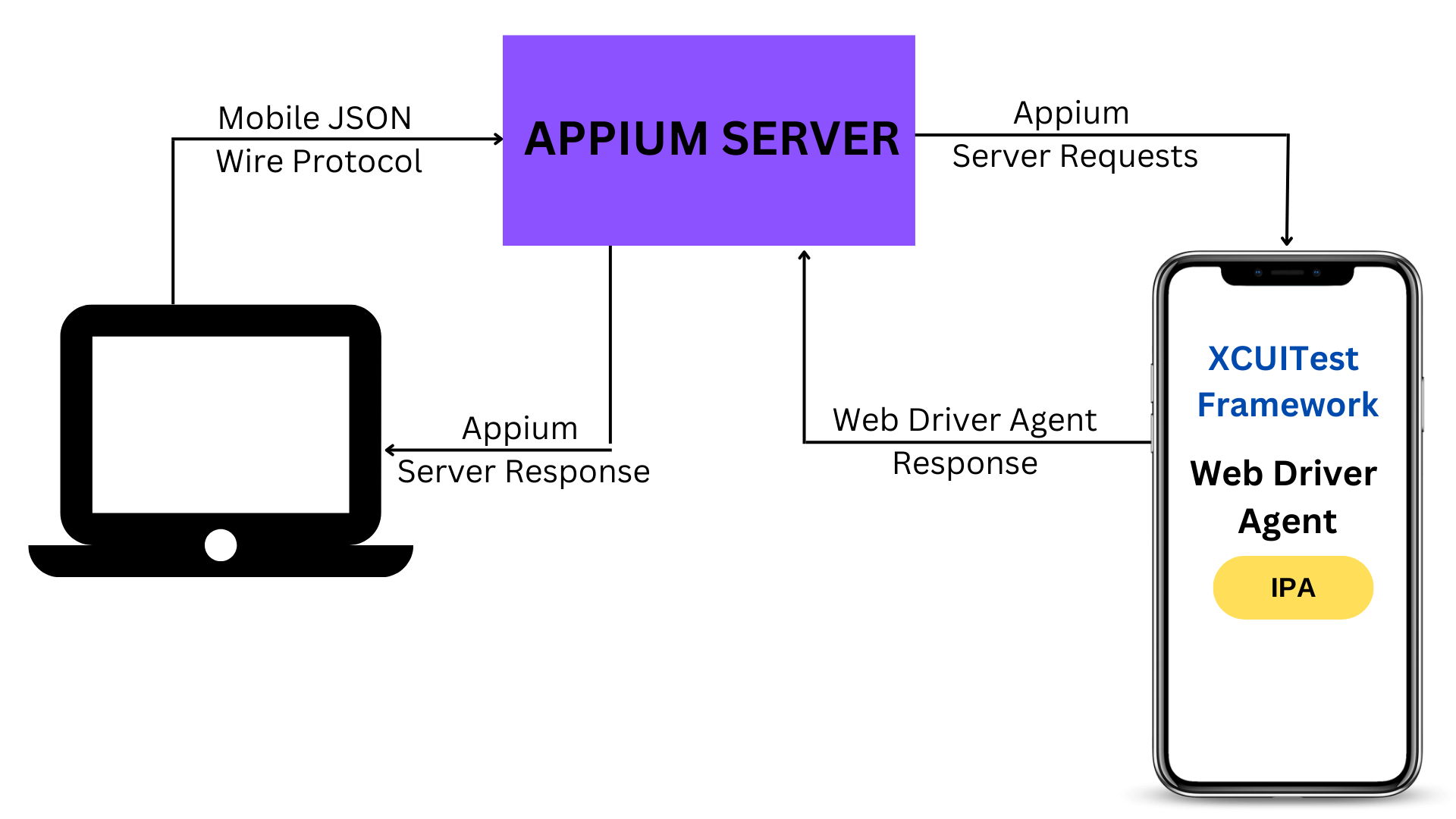The Pros and Cons of Knowledge Base Software
Do you remember seeing the giant manufacturer’s manual shipped with the products? These books had hundreds of pages detailing the instructions on using the products. Not a lot of people read them. These manuals have now been replaced with knowledge base systems. Having a website dedicated to this is much more feasible and innovative. Users can now find the answers to their questions by themselves. In simple terms, a knowledge base is a collection of guides, answers, questions, and other documentation related to the product. Businesses can use the top knowledge base software for managing this collection of information. But is this the best way to move forward, is there a free knowledge base software and what are the pros and cons?
Table of Contents

Read on to learn more about the pros and cons of knowledge base software:
Pros of Knowledge Base Software
1. Centralizes all your information
With a knowledge base software, you will have a one-stop-shop for all the resources of your company. When your procedures, policies, and help guides are in a single place, the employees will know exactly where to look when they have a question. No more opening multiple folders on the desktop, searching their emails, diving into their messages, and still ending up with the wrong answer. This whole process can be quite frustrating.
A knowledge base software will allow you to upload all of your resources in one location. Now, your employees will only have to search one system—the knowledge base.
2. Provides 24/7 support
When you are running a business, you might not have enough time to answer all the questions of your employees. So, when you are unavailable, how will they get the information they need? Relying on employees to help out other employees might not always be reliable. They might not even be sharing accurate information. What you need is knowledge base software that gives 24/7 access to information they need.
Since the knowledge base has up-to-date and accurate procedures and policies, your employees will have the information and support they need at any time of the day. Moreover, since your employees will have a platform for answers, you will have more free time on your hand to handle other important tasks.
3. Offers consistent support
Your customers deserve a consistent experience, and an org wide knowledge sharing system can help you exactly with that. Regardless of which employee handles the user queries, they will be able to support the customer. They can also check their knowledge base articles for interactions and daily tasks. In case you have an external knowledge base, all your customers can find the answers to their questions themselves.
4. Increases productivity
When your employees are trying to find the answers to their queries, they are wasting a lot of time. More often than not, the answer to their question will only take a minute to answer, but their colleague or supervisor might not have the time to give them those answers.
The answers to their questions will become more accessible using a knowledge base, which in turn will improve productivity. A quick search will give them the answer they need, allowing them to continue their task. However, it is important to note that not every knowledge base software’s search functionality will be equal. Some of them will have robust search capabilities, while others won’t. So, you have to find the right one.
5. Makes remote work easier
Knowledge base software is a cloud-based software that employees can access anywhere, even at their homes. They don’t need to be in the office or rely on anyone else to get the information they need. A knowledge base software will work the same, regardless of wherever you are working from. They can simply log in and search the system.
Cons of Knowledge Base Software
1. Difficult to maintain
You can’t just create your knowledge base and be done with it. Since your procedures and policies will be changing constantly, your guides will become inaccurate and accurate. Having outdated guides might result in your employees making mistakes. Even though updating the knowledge base is still better than emailing updated versions of pdfs, it can be difficult. When you buy knowledge base software, it is important to have a plan to update it regularly.
2. Can be expensive: is there a free knowledge base software
In order to ensure that your knowledge base is updated, you will have to hire someone to do it. It is a full-time job that involves ensuring that the guides are accurate, analyzing usage reports, adding new content, and reviewing feedback. Depending on your organization’s size and knowledge base, you might have to hire many content writers, which can get really expensive.
Also, using the knowledge base software might cost you anywhere in the range of $5 to $500 per month per user. Most of the software are available as an annual subscription, but there are a few that allow you to buy the software on a monthly basis. You do have the option of going with a free version, but it will have limited capabilities. Make sure that you do a knowledge base software comparison to find the right one.
Conclusion on Knowledge Base Software
A free knowledge base software or paid one is one of the most powerful tools that can be transformational for your company. Yes, there are some cons. But, they are nothing compared to the magnitude of benefits they offer. As long as you pick the top knowledge base software and develop a plan to maintain the knowledge base, you will be good to go.

Ananya Prisha is an enterprise level Agile coach working out of Hyderabad (India) and also founder of High Level PM Consultancy. Her goal has been to keep on learning and at the same time give back to the community that has given her so much.










